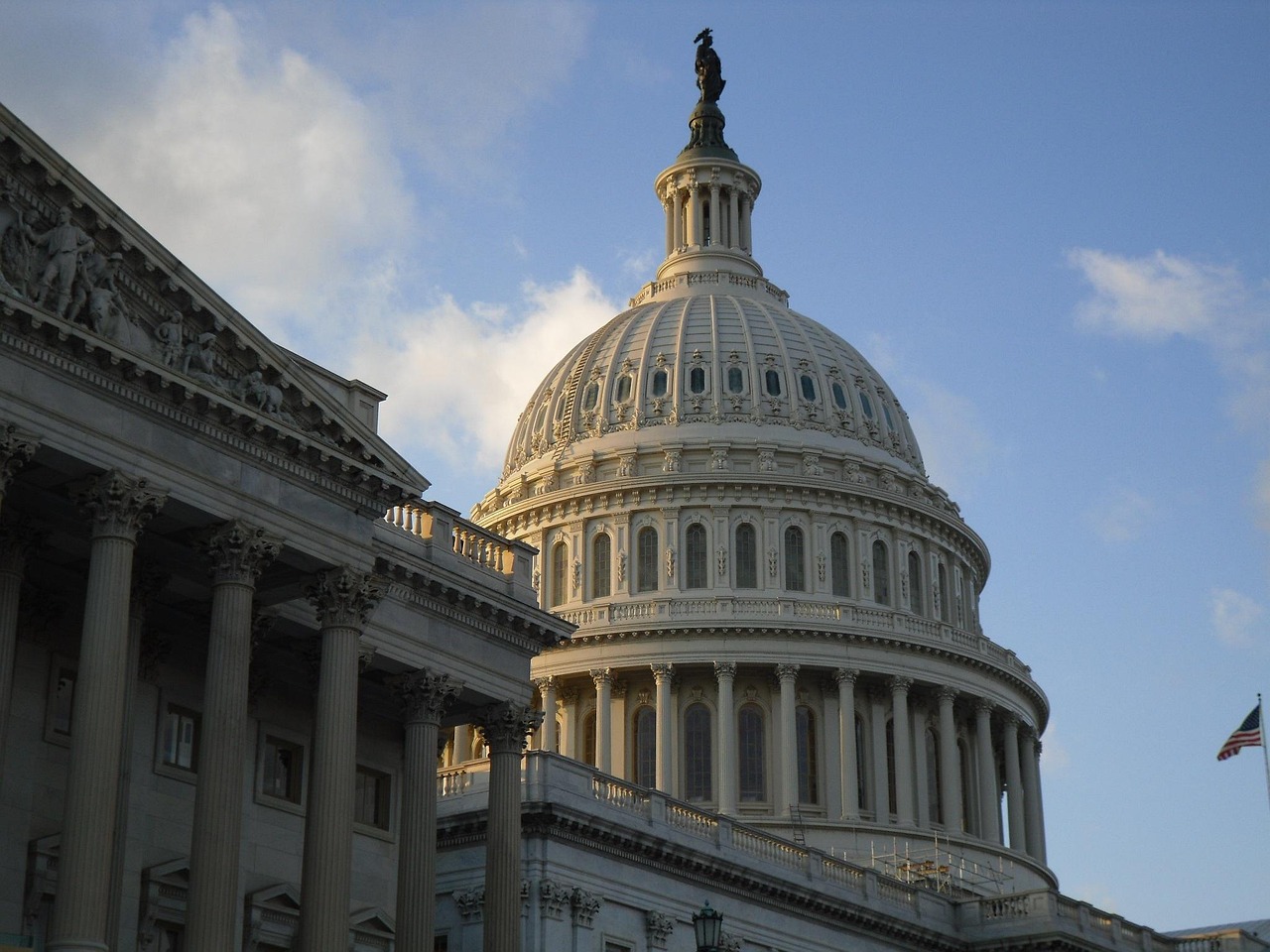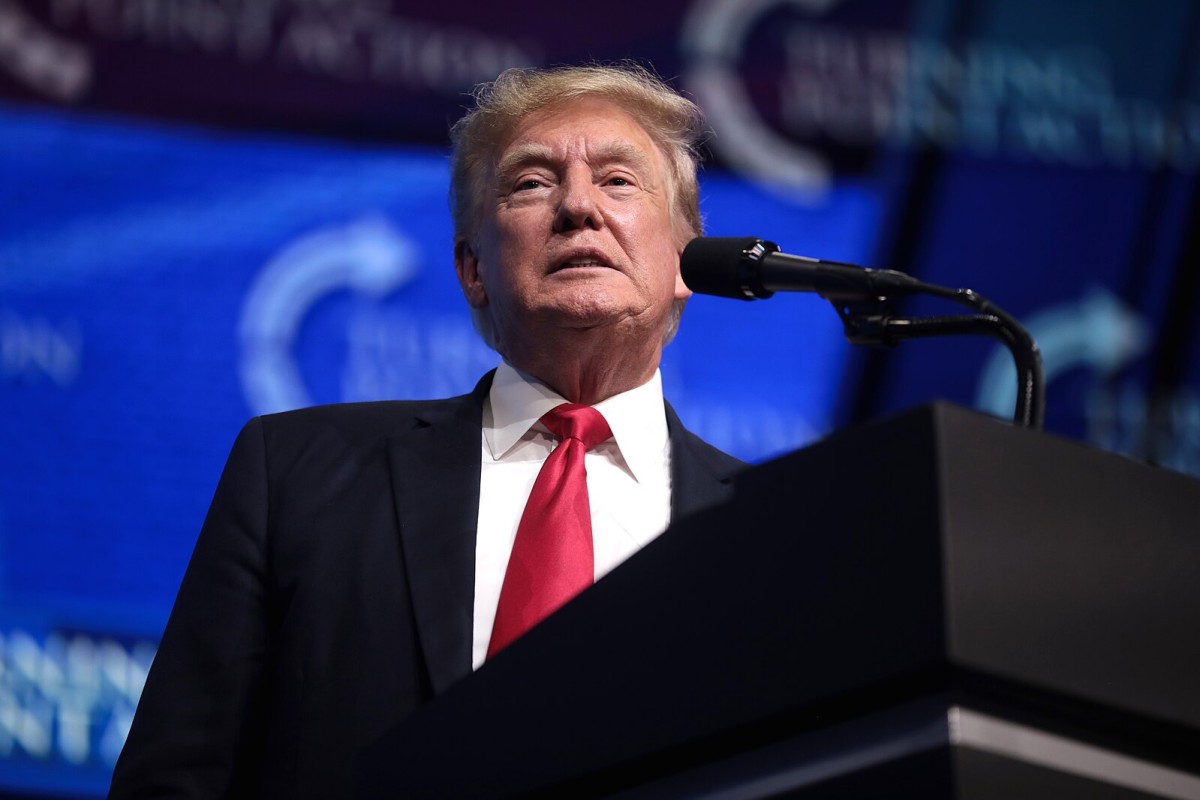U.S. News
Why Trump Thinks Daylight Saving Time Should End
By Jake Beardslee · October 16, 2025

Annual Time Change Nears
Americans will soon “fall back” as daylight saving time (DST) ends on Sunday, Nov. 2, 2025. At 2 a.m. local time, clocks will move back one hour, returning most of the country to standard time. The biannual clock changes — designed to extend daylight hours during warmer months — have long drawn criticism for disrupting sleep and schedules. The White House / Wikimedia
Legislative Push Stall in Congress
Although there is broad bipartisan frustration with switching clocks twice a year, Congress has failed to pass legislation to make either daylight saving or standard time permanent. Several bills have advanced but stalled before reaching the president’s desk. forcal35 / Pixabay
Trump’s Position on Time Changes
President Donald Trump has voiced support for ending the time changes altogether. In a December post on Truth Social, he wrote, “The Republican Party will use its best efforts to eliminate daylight saving time. Daylight Saving Time is inconvenient, and very costly to our Nation.” Robert Deutsch-Imagn Images
Trump Calls Daylight Saving Debate a ‘50-50 Issue’
However, Trump later acknowledged that the issue divides the public. In remarks from March, he told reporters, “This should be the easiest one of all, but it's a 50-50 issue. If something's a 50-50 issue, it's hard to get excited. I assume people would like to have more light later, but some people want to have more light earlier, because they don't want to take their kids to school in the dark.” He added, “A lot of people like it one way, a lot of people like it the other way, it's very even. And usually I find when that's the case − what else do we have to?” Gage Skidmore, CC BY-SA 2.0 https://creativecommons.org/licenses/by-sa/2.0, via Wikimedia Commons
Renewed Push for Permanent Daylight
In April, Trump reiterated that Congress should favor “more daylight at the end of the day,” consistent with his earlier opinion from 2019, according to Politico. His comments suggest continued preference for keeping daylight saving time permanent rather than reverting to standard time year-round. Katie Goodale / USA TODAY NETWORK via Imagn Images
States Seek Federal Approval
While the federal government has yet to act, several states have passed measures to “lock the clock” if Congress permits it. Those include Florida, California, South Carolina, Washington, Colorado, Tennessee, and Maine. Hawaii and most of Arizona already remain on standard time year-round. Moose Photos / Pexels